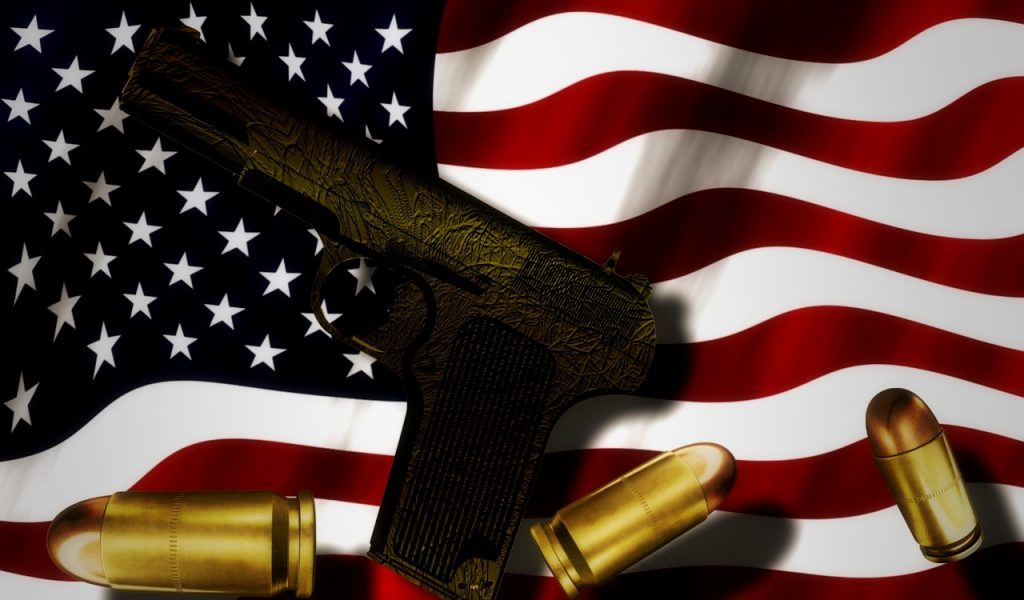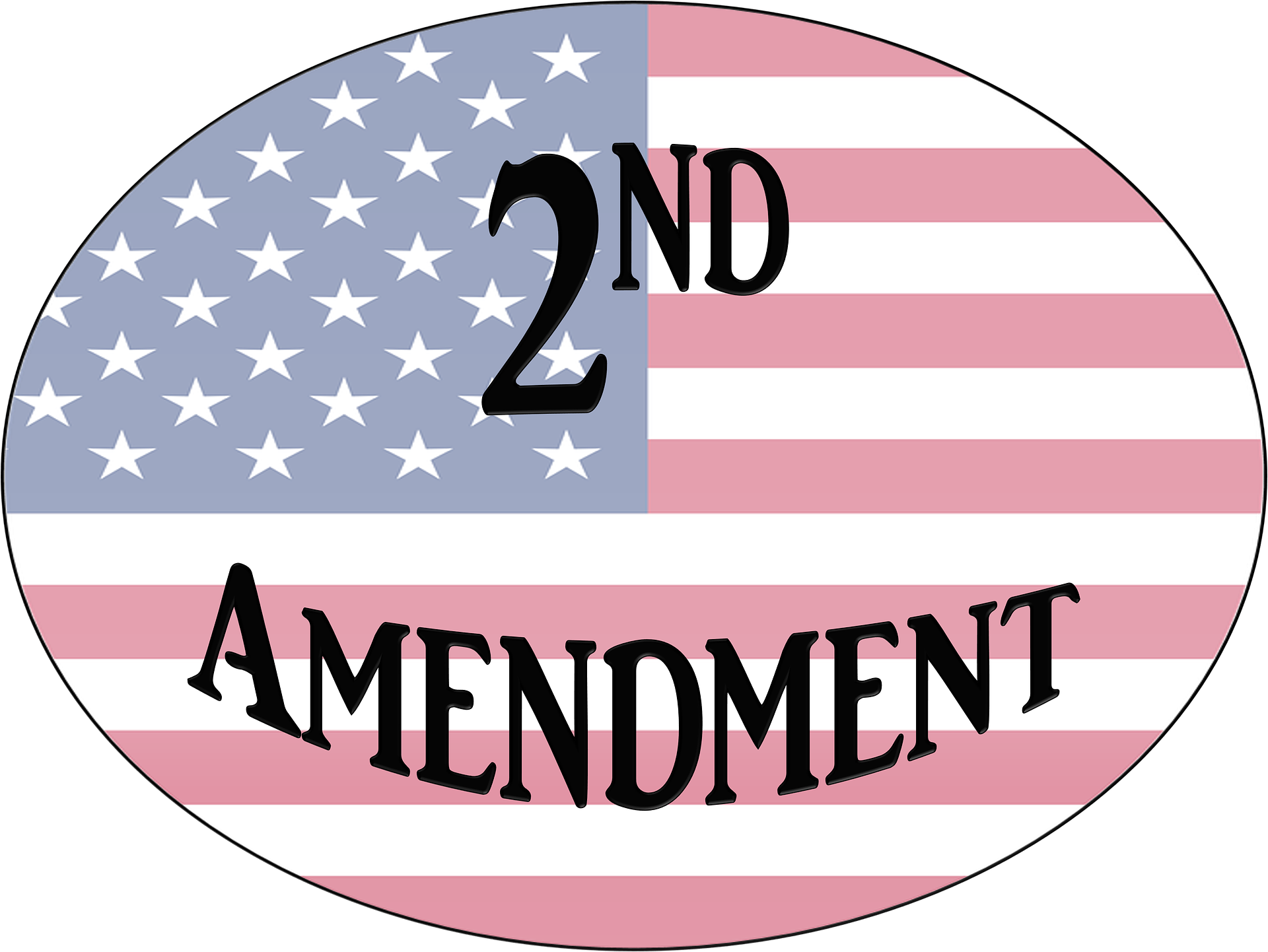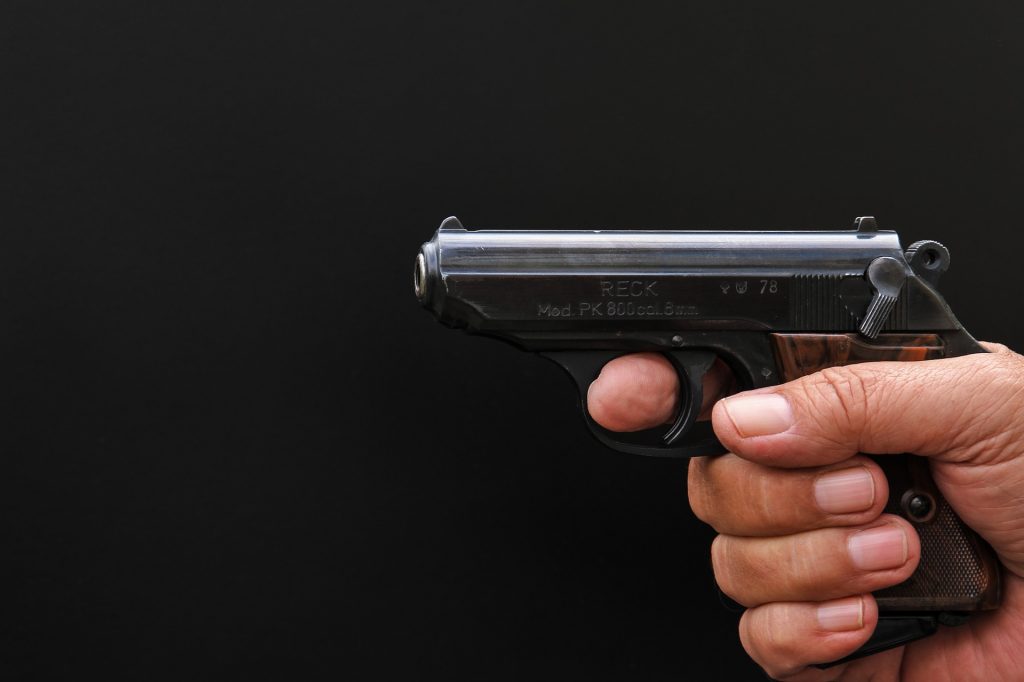The Bill of Rights was ratified on the 15th of December 1791 and the second of its ten amendments is about the right to possess a firearm. The Second Amendment to the United States Constitution protects one’s right to keep and bear arms. As per the Gun Control Act of 1968 (GCA), an American citizen or a legal resident must be at least 18 years of age to purchase shotguns and ammunition. Individual states may impose a higher age restriction but are not allowed to lower the minimum age.

Restrictions
The Brady Law imposes a five-day waiting period before a firearm can be purchased. The criminal background of an individual is assessed during this five-day delay. People who fall under the category of criminals or those with mental illness are not allowed to purchase firearms. The law also forbids the sale of weapons to individuals found guilty of illegal possession of prohibited substances. Further, the restrictions apply to illegal immigrants, temporary visitors such as tourists, and people who have renounced their citizenship. Minors under 18 may possess firearms provided the parents, or legal guardians grant written permission.
Who is allowed to sell firearms?
A weapon dealer must be at least 21 years of age to obtain a Federal Firearms License (FFL). Similar to a gun owner, a weapon dealer’s mental state and criminal records are assessed as part of the procedure towards an FFL. The license fee for an FFL is $200 for a three-year period and $90 for three-year renewal onwards.
Permits
Some states require a permit to be able to purchase a firearm. Notably, California, Connecticut, and Hawaii.
When it comes to carrying a weapon, the rules vary from state to state. Whether it is concealed carry or open carry, some states like Massachusetts and New Jersey require one to have an identification form along with their firearm.
A divisive issue
Opponents to stricter gun control argue that limiting a citizen’s right to bear arms means the latter cannot protect himself. They also highlight the fact that education about guns and gun safety will impact more than stricter laws.
Proponents of gun control suggest restrictions would reduce the number of deaths, including suicides in the US, and decrease the costs linked with gun violence. Fewer gunshot victims would mean less money spent on the injured and more hospital room made available for other urgent awaiting matters. They also bring up the fact that many legally owned guns are robbed and used unlawfully.


